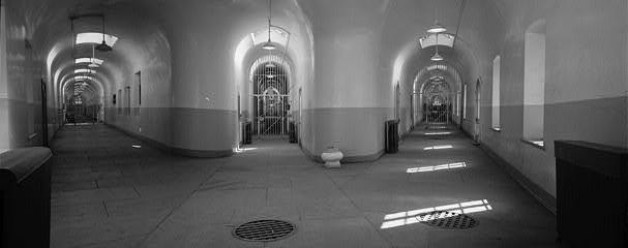Prayer, fasting, and almsgiving are practices that mark the life of a Christian throughout the year, but in a special way during Lent. Of the three, it sometimes seems that almsgiving is the most neglected. It’s the practice that doesn’t get much practice. Perhaps this is because we tend to think of almsgiving as an intermittent or one-time event. We do our charitable deed so that we can check it off the list, so that we can fulfill a requirement.
But Lent is not about fulfilling requirements; it’s not about completing a checklist of observances. No, Lent is about growing in love of God and neighbor; it’s about living the Christian life more fully. And, just as it takes time to develop a routine of prayer, or to grow accustomed to fasting, so too almsgiving requires regular and frequent practice if it is to become second nature to us. We are not called to give an “alm” during Lent; we are to give alms. And here I do not mean that we should be writing a check to a different charity organization every day. In that case, we’ll fall right back into the habit of checking off items on a list. What, then, are we to do? How should we go about giving alms?
I think the answer comes from our Lord himself:
For I was hungry and you gave me food, I was thirsty and you gave me drink, a stranger and you welcomed me, naked and you clothed me, ill and you cared for me, in prison and you visited me.
—Matthew 25:35-36
The last item mentioned here, visiting the imprisoned, is perhaps the one that gives us most pause. Many of us think that we are not ready for that one. At the same time, we cannot ignore it, for our Lord said it. Why would he include visiting the imprisoned in his list of charitable acts? Perhaps the only way of finding a fully satisfactory answer to this question is by experience—by actually visiting those in prison.
As a student brother in my second year at the Dominican House of Studies, I have had the wonderful opportunity of visiting inmates at the Arlington County Detention Facility every Monday evening. I can remember nervously preparing for my first visit, imagining how I, a tiny five-foot-four Dominican friar, could possibly stack up against a seven-foot, three-hundred-pound giant with tattoos all over his body.
One does encounter dangerous people in prison, yet we can still visit them, and through this encounter we may find something that casts away many of our doubts and fears. Behind the veil of tattoos, we discover the inner depths of a human soul. The more I visit the inmates and the more I talk to them, the more I realize that what they really need is someone to pray with them, to pray especially for their children and for those to whom they have done harm.
One thing I’ve discovered about true almsgiving is that it’s not just about giving to others what you think they need; it’s also about being sensitive to what they think they need. And how do we do that? Well, we have to ask. It doesn’t make sense to give clothing to someone who needs food, or medicine to someone who is asking for a place to stay. And we can only get this kind of information through personal interaction.
Almsgiving isn’t primarily about opening our checkbooks (as important as that can be). Rather, it’s about extending ourselves to others; it’s about seeing one another face to face. Almsgiving reminds us of how we ought to live the Christian life, and that life is based, not on making checklists of personal accomplishments, but on a daily encounter with Jesus Christ. He himself has showed us one of the most important places to look for him: in our brothers and sisters. “I was in prison,” he said, “and you cared for me.”
✠
Image: Cell Blocks, Eastern State Penitentiary, Philadelphia








